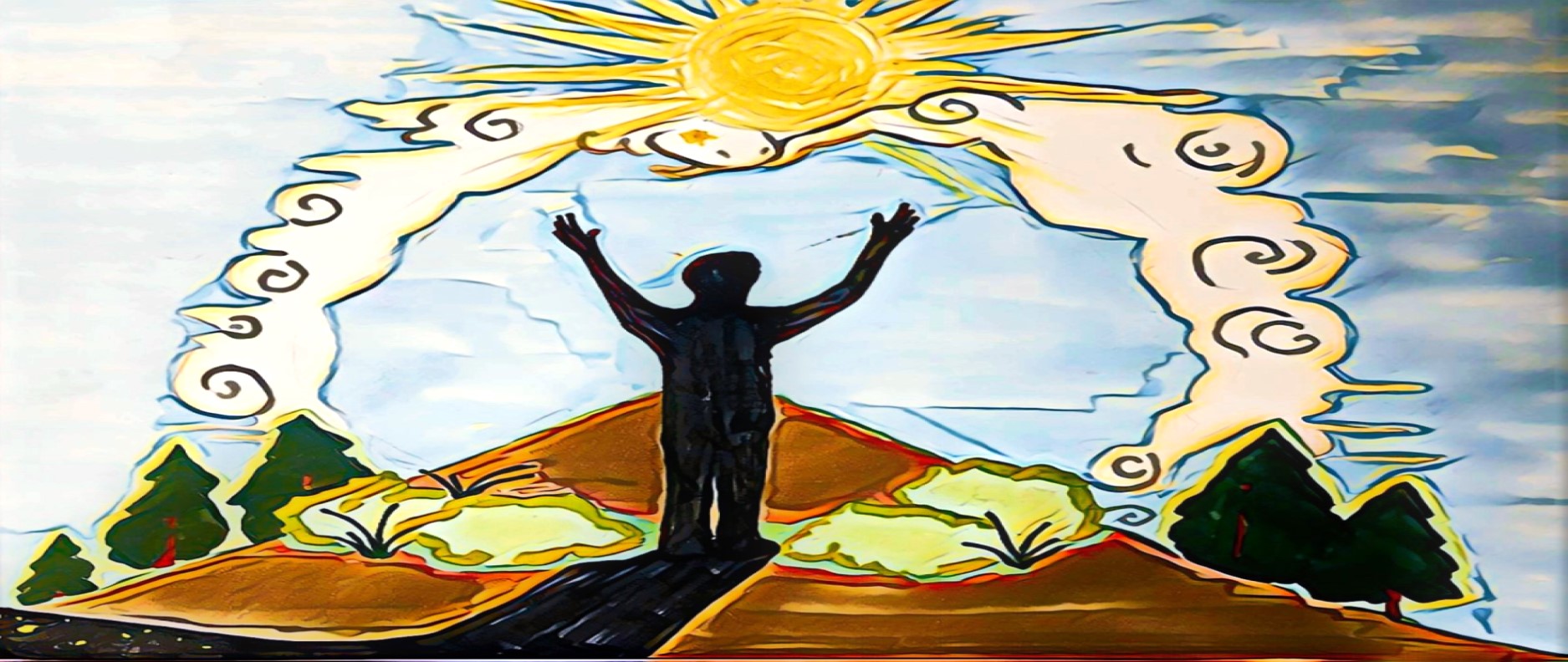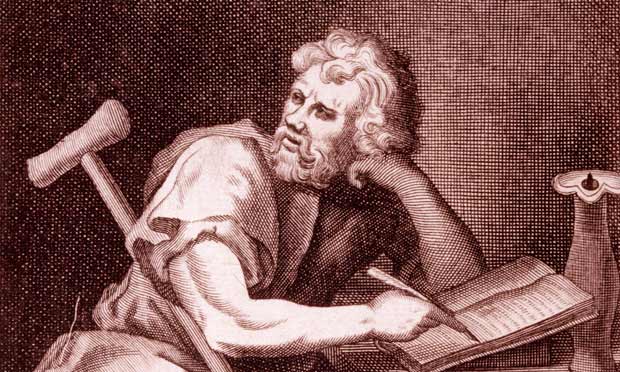Author: Brisbane Stoics
-

Stoic and Socratic arguments applied to Cognitive-Behavioural Therapy
For the past few years i have been thinking about how ancient philsophical wisdom might be employed to shed light on modern psychotherapeutic theory and practice. In this presentation you can hear some of my ideas on this subject- drawing on an argument from Plato’s ‘Euthydemus’ and Epictetus’s ‘Discourses’ to build my case for an…
-

Organism or River: Comparing Rogerian and Stoic Metaphors
Courtney Shipley The cosmos is a living being: The cosmos is a whole being- The appearance of parts is a way of viewing things and not at all a reflection of things as they are. When we look at a river, we may see different parts; turbulence here, stillness there, ripples, reflections- we may say…
-

Hymn to Nature
Nature bestows reliable happiness Her gifts made self-evident. O Benevolence O Providence Her mark appears on all things As perceived by that ruling principle She has disclosed to my heart. Such gifts that are given, This life, the most bespoke of treasures Unfolding order, never unrequited, Amor Fati She who has fitted this to that…
-

EUDAIMONIA
EUDAIMONIA – TO SEE WITH THE DIVINE EYE (Part One) I A title with a strikethrough! A strikethrough that represents a prevailing attitudein modern thought. The catechism of what is true and not. All true things must beobjects experiencible by some degree of measure. An object of influence cannotinfluence in an unknown way, though we…
-

Epictetus ‘Discourses’ 1.3
We further discuss the ‘Discourses’ for our Brisbane Stoics meetup. How, from the idea that God is the father of human beings, one may proceed to what follows Today I will offer some of my thoughts on the next chapter of our readings. This time Discourses 1.3 Returning again to Christopher Gill’s observation concerning the…
-

The Stoic Conception of God
Epictetus was recorded by Arian as saying- “on the subject of the gods, there are those who deny the existence of divinity outright. Others say that God exists, but is idle and indifferent and does not pay attention to anything. A third group says that God exists and is attentive, but only to the workings…
-

Care of the Self: Brisbane Stoicon 2022
Courtney Shipley at Brisbane Stoics shares his presentation on ‘Care for the Self’, drawing on the work of Michel Foucault and A. A. Long. Here emphasis is given to testing impressions and the criteria set by preconceptions. References: Technologies of the Self: A Seminar with Michel Foucault. (2022). University of Massachusetts Press. Long, A. A.…
-

Epictetus ‘Discourses’ 1.2
In our Brisbane Stoics meetup in March, we started exploring the Discourses. In this video, I outline the core concepts of 1.2 Discourses: Hard Translation 1.2 How one may preserve one’s proper character in everything Introduction In my previous presentation concerning discourses 1.1 I included a quote from the introduction of the Hard translation by…
-

Epictetus ‘Discourses’ 1.1
In our Brisbane Stoics meetup in February, we started exploring the Discourses. In this video, I outline the core concepts of 1.1 Concerning what is in our power and what is not Discourses: Hard Translation- Introduction “In 1.1 Epictetus begins by presenting the reasoning faculty as the one which, unlike other arts and faculties, comprehends…